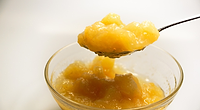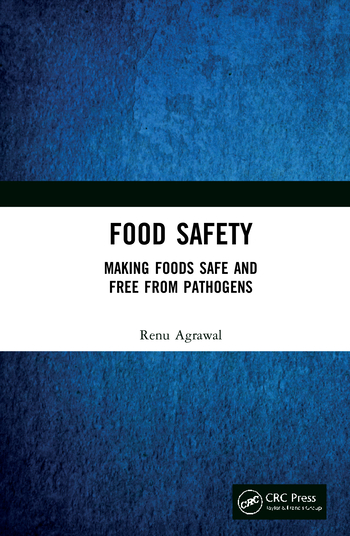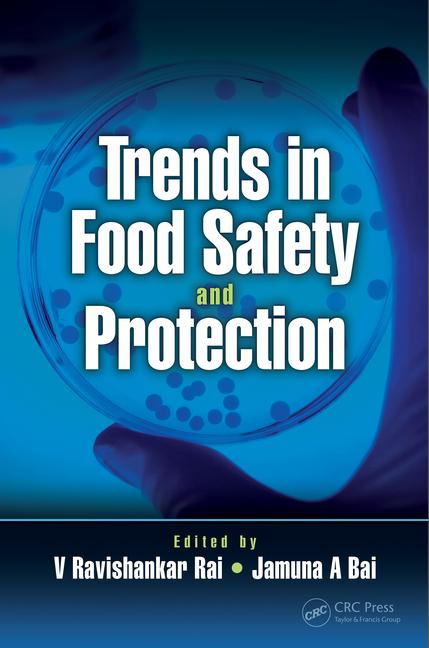House of Representatives Releases Update on Toxic Heavy Metals in Baby Foods

On September 29, 2021, the U.S. House of Representatives released an update to its February 4, 2021 report on toxic heavy metals in baby foods.
In the new report update, the U.S. House Oversight Committee says that testing practices for toxic heavy metals, used by most of the baby food industry, are flawed and "underestimate the toxic heavy metal content of their products."
The report also mentions that FDA has not yet set a standard for inorganic arsenic for all baby foods; the only standard FDA has set is a limit of 100 ppb on inorganic arsenic in infant rice cereal, despite the fact that a product containing 100 ppb is dangerous to infant neurological development. The reason that this limit was set at 100 ppb is because FDA was focused on protecting children from cancer, not from neurological impact.
The Baby Food Safety Act of 2021, which has already been introduced in Congress, aims to set strict limits on heavy metals in baby foods—a 10 ppb inorganic arsenic cap on baby food and a 15 ppb inorganic arsenic camp on infant cereal.
The report implores FDA to issue a limit for maximum heavy metal levels sooner rather than later, as FDA's Closer to Zero Action Plan's timelines are far in the future. It also wants FDA to require baby food manufacturers to test their finished product. If FDA does not require manufacturers to test their finished products for toxic heavy metals, then the industry should voluntarily adopt that practice, says the report.
In addition, baby food manufacturers should voluntarily find substitutes for ingredients that are high in toxic heavy metals; or, if appropriate substitutes cannot be found, they should phase out products that have a high amount of ingredients that frequently test high in toxic heavy metals, such as rice.
Related:
New Congressional Report Shows High Levels of Arsenic, Other Poisons in Baby Food
Op-Ed: FDA Needs to Act Now on Toxic Metals in Baby Food
Looking for a reprint of this article?
From high-res PDFs to custom plaques, order your copy today!








